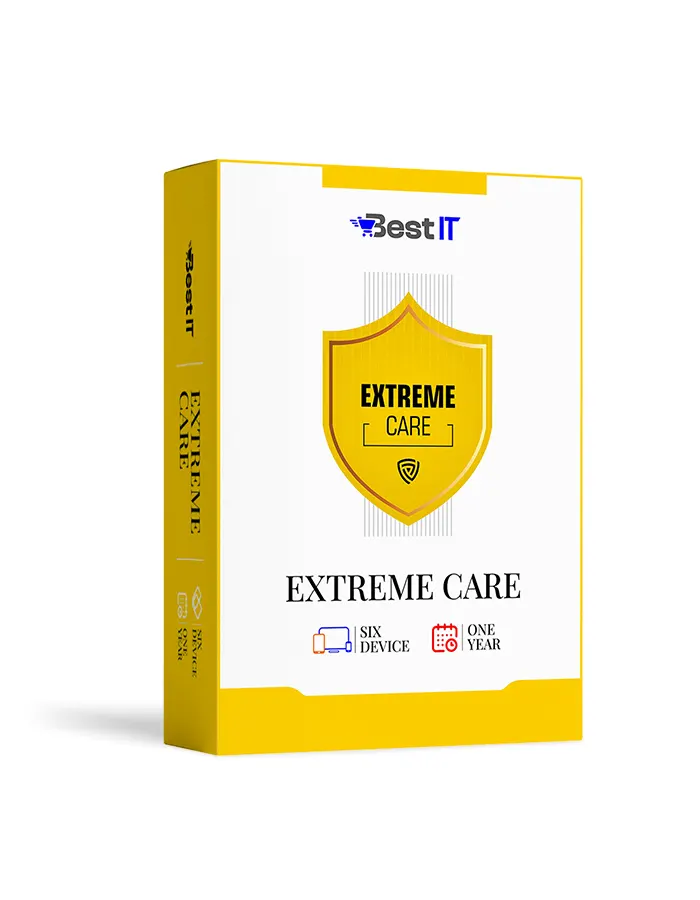Description
It seems like you are listing various security features and components that are important for maintaining a secure and protected computer system. Here’s a breakdown of each of the items you mentioned:
Antivirus: This is fundamental in protecting your computer from viruses and other types of malware. Antivirus software scans for and removes malicious software that can harm your system.
ID Security (Identity Security): This typically involves measures to protect your personal and sensitive information from being stolen or misused, such as through identity theft. This can include secure login practices and monitoring for suspicious activities related to your identity.
Popup Protection: Popup protection helps block unwanted and potentially malicious pop-up ads or windows that can appear when browsing the internet. It’s often included in web browsers and some security software.
Cybersecurity: This is a broad term encompassing various practices and tools to protect your computer and online presence from cyber threats, including malware, hacking attempts, and data breaches.
Firewall Security: Firewalls act as a barrier between your computer and the internet, monitoring incoming and outgoing network traffic. They help block unauthorized access and protect against network-based threats.
Peripheral Installation: This feature may refer to security measures related to the installation of peripheral devices like USB drives or external hard drives. Some security software can scan and protect against malware on these devices.
Software Installation: Security measures during software installation can include checks for malicious code or potentially harmful software components. This helps prevent the installation of unsafe or malicious applications.
Ransomware Protection: Ransomware is a type of malware that encrypts your files and demands a ransom to unlock them. Ransomware protection features in security software aim to prevent, detect, and recover from ransomware attacks.


Reviews
There are no reviews yet.